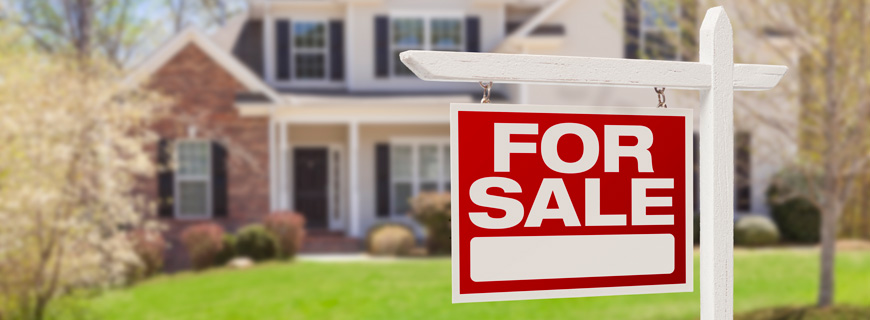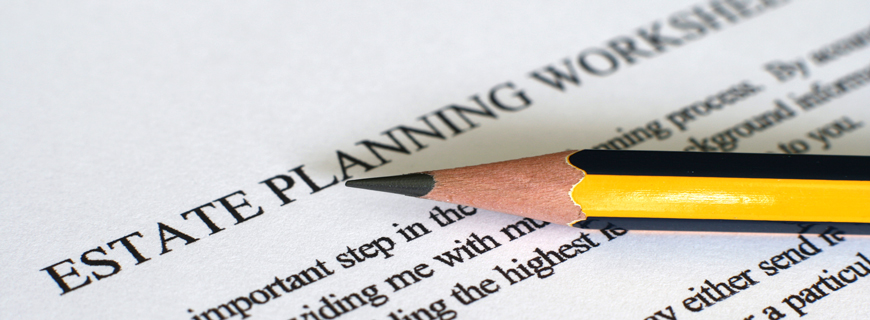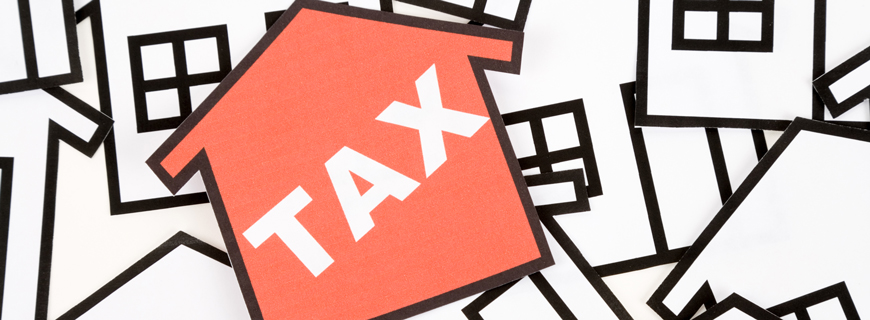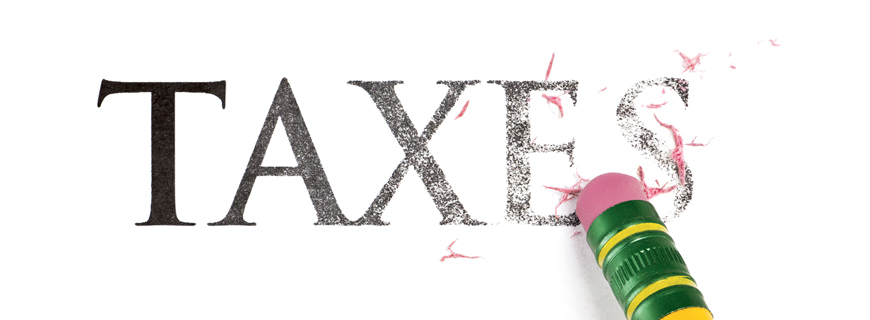If you put a downpayment of less than 20% when you bought your home, chances are good that you had to purchase private mortgage insurance, or PMI, in order to qualify for your loan. A mortgage insurance policy protects the bank in the event they are forced to repossess your house and sell it at a loss. As with most other types of insurance, you pay a monthly premium on top of your monthly mortgage payment for this policy. A mortgage insurance policy provides the means for purchasing a house you may otherwise be unable to afford, due to a limited down payment.
The good news is, PMI makes it possible for a homebuyer to obtain a mortgage with a down payment as low as 5% and for low-to-moderate income homebuyers as low as 3%. PMI may be also required when buying a second home or refinancing an existing mortgage with cash out. Mortgage insurance protects the mortgage lender against financial loss if a borrower defaults.
Low-down-payment mortgages are becoming more popular. Mortgage insurance allows borrowers to purchase a more expensive home than they might otherwise be able to afford. With lower downpayment, you might retain more funds for home furnishings or remodeling, buying a car, or other investments.
The mortgage insurance premium is based on loan to value ratio, type of loan, and amount of coverage required by the lender. The good faith estimate of closing costs provides the estimated premium and monthly cost for the PMI coverage.
It may be possible to cancel PMI at some point, such as when your loan balance is reduced to a certain amount – below 75% to 80% of the property value. The law in certain states requires that mortgage insurance be cancelled under some circumstances. But because of the wide variation in lender, investor and state requirements, it is necessary to find out the specific requirements for cancellation before you commit to paying for mortgage insurance.
Federal legislation enacted in 1999 made it a little bit easier to rid yourself of your monthly mortgage insurance premium. It requires lenders to automatically eliminate your mortgage insurance once you own 22% of your personal residence. Unfortunately the 22% equity is based on the value of your loan compared to the home’s original purchase price so the lender does not take into account the appreciation of your home – just the gradual paydown of your mortgage. However, some lenders will consider your home’s appreciation in deciding whether or not PMI is still required, so it doesn’t hurt to ask.
Mortgage insurance should not be confused with mortgage life insurance, which is designed to pay off a mortgage in the event of the borrower’s death.
Material discussed is meant for general illustration and/or informational purposes only and it is not to be construed as tax, legal, or investment advice. Although the information has been gathered from sources believed to be reliable, please note that individual situations can vary therefore, the information should be relied upon when coordinated with individual professional advice. Past performance is no guarantee of future results. Diversification does not ensure against loss. Source: Financial Visions, Inc.

